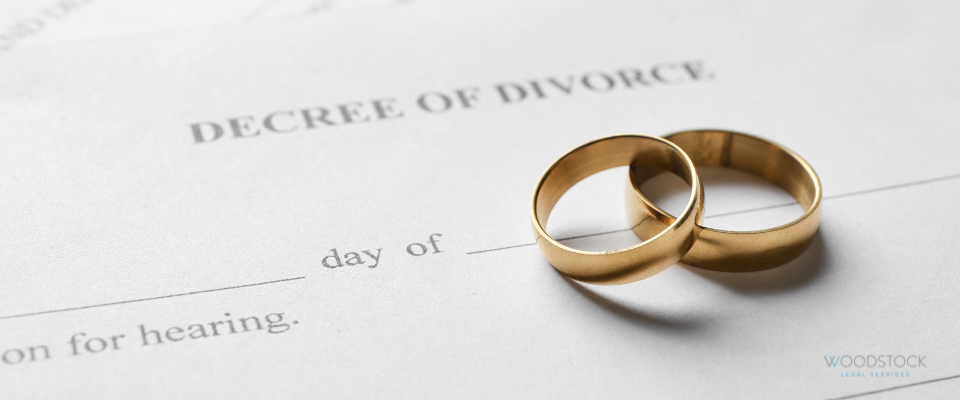Understanding Possession Proceedings post Lockdown Ban
Paula Hebberd runs through the key changes for landlords

What the changes to Possession Proceedings mean
The changes to proceedings have been to offset a number of challenges that still face the legal system. The pandemic itself and the rise in cases being the main one.
Social distancing is still required, so only courts that can accommodate that, will allow hearings. However, to cope with the expected rise in demand extra funding has been made available so courts can operate as close to full capacity as possible.
The funding will be used to bring in hundreds of additional judges and extra support staff.
The judges will be expected to have backgrounds in property law and will also take a more collaborative approach. That means there will be an even greater level of scrutiny in proceedings. So if you do feel things need to go to court, you must make sure you’ve got your paperwork in order. This is fundamental.
Any cases that were filed with the court before lockdown will be subject to a Reactivation Notice. Without that your case will not be reviewed and will essentially be archived.
This is partly because the court only wants to deal with cases that need their time and attention. But the general message from the court, the landlords associations and central government is: mediation and settlements over court proceedings.
Below is a summary of some of the key changes that you need to know about before you take action against a tenant.
The pandemic hit almost every industry in this country more or less at once. Even the winners - like supermarkets and distance educators - still felt the pinch in other ways. Whether it was staff self-isolating with symptoms (or being hospitalised), strangled supply lines or increased costs to keep the business functioning.
Millions were furloughed as part of the government’s plans to halt the spread of the virus. Many were simply let go. To prevent a homelessness crisis, the government also put a hold on property possessions.
While well intentioned and - as mentioned - aimed at preventing thousands of people from becoming homeless, there was no financial aid from the government to support landlords and letting agents.
The property industry has been left in limbo unable to collect rent or recoup costs. And unable to do anything about bad tenants who would have otherwise been evicted had the pandemic not struck.
A week has now passed since the stay on possession proceedings was lifted. This means you can take action against non-paying tenants again.
Re-starting existing cases
You will have until 29th January 2021 to file a Reactivation Notice or the claim will be stayed without need of making a separate application to the court.
If there has been any case management directions, a party filing and serving a Reactivation Notice must propose new dates for directions, or state that no new directions are required.
Starting new cases
No new claim for possession should be started without careful efforts to reach compromise.
While this may seem frustrating, remember that the pandemic may have affected your tenants and may in fact avoid the need for further court proceedings.
With that in mind, regulations both in England and in Wales provide longer possession notice periods before claims can be issued.
All cases
The Courts
First and foremost - only courts that can accommodate socially distanced hearings will be used. Courts will be following health guidance from PHE and the government so it will likely change in line with the pandemic.
While every effort will be made to get through as many possession proceedings per week prior to lockdown, the health and safety of all in attendance must come first.
Additional cleaning and strict policies on movement and interaction with personnel will apply. Where time is lost due to deep cleaning between proceedings, additional promises will be used.
The plan is for District and Deputy District Judges to sit extensively at court centres. This is to allow for consistency and apply their extensive knowledge to what could be a number of complex cases. Especially those that have arisen directly from the pandemic.
Enhanced information
Because there is a huge emphasis on mediation and settlement over possession proceedings, claimants are expected to do all they can to avoid it.
As such in all instances, claimants are now required to set out the effect of the pandemic on the defendant and their dependants.
In other words, you will need to state what effect the pandemic has had on your tenant. The same applies to lenders in respect of borrowers. This allows the court to establish context. Cases that are a direct consequence of the pandemic will be marked as such.
The rules now also contain requirements in appropriate cases for an updated rent account for the previous two years.
Court communications will emphasise to a defendant that if he/she has difficulty in completing the forms for a defence, a short statement explaining his/her circumstances and why an order should not be made will suffice.
What this means for you
In short - as far as the court is concerned, legal proceedings should be the last resort.
However, that doesn’t help your business or meet your financial obligations.
While a settlement is (almost) always better than court, these new measures are primarily designed to help ease the strain on the courts.
Without being cynical, the courts would sooner see landlords sort matters out for themselves to ease the case load.
But that causes problems of its own. Without legal advice or representation, negotiating a settlement with someone who likely won’t pay could come back to bite you. Especially if it’s a verbal agreement.
Bad tenants are unlikely to pay no matter what the circumstances. Therefore, it’s important to be in a position to take action should you need to.
Engaging with a solicitor who specialises in property law means you will have the best advice on how to approach any settlement negotiations. You will also be able to take immediate action should those negotiations breakdown.
It’s also really important that you keep detailed records of everything. From emails to text messages, to invoices. If things do progress to court, you will make sure you have all your documentation in a bundle ready to submit for review. Keeping your records up to date will save you a lot of time in this regard.
Note you are required to submit a copy of your bundle to the defendant as well. So you need to be very sure that everything you are saying is factually correct.
Remember, you will have to submit what is essentially a COVID impact assessment on the defendant too. So any dishonest or misleading information on your part would be looked on unfavourably by the court.
Again, work with a solicitor to ensure that your bundle is robust and accurate to give yourself the best chance of a positive outcome and avoid any further delay.
Where to go from here?
The first thing you should do is to seek legal advice. They will be able to help you fully understand the changes and what you will need to do to collect monies owed or pursue possession proceedings.
They will be able to review each of your properties, recommend a course of action and support you through the process.
They will also be able to advise you on how to approach mediation and settlements if that is deemed the best option for you.
A solicitor can draft any agreements and issue them on your behalf to give you the best chance of recouping lost revenue.
And if it does end up going to court then you will already have someone on hand to help you through that process too.
If you are having difficulties with your tenants and need some advice, we are here to help and support landlords during the pandemic. Click the link below to learn more about our property law service and get in touch today.
Contact Us
Contact Us
News & Insights










